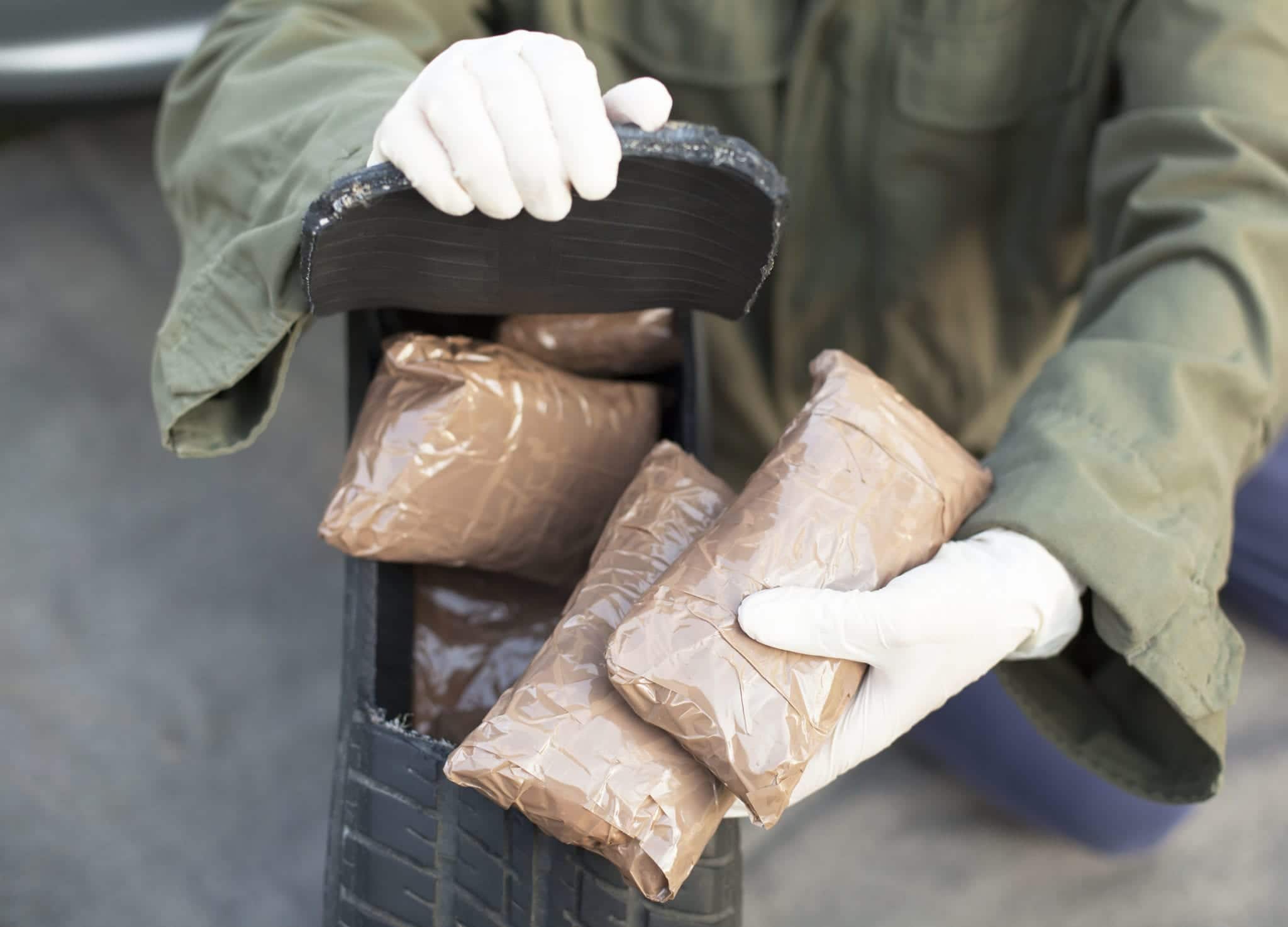
Some gang activity has recently been brought to a halt in South Dallas after police made a dozen arrests in a cocaine distribution ring. The DEA takedown took place on Thursday, January 30.
During the takedown, officers seized over two and a half kilograms of cocaine, two dozen guns, and hundreds of thousands of dollars in cash. Eight of the 12 people arrested were members of the "357 Crips.” They have been charged with conspiracy to possess with intent to distribute cocaine.
Dallas Gang Members Face Multiple Drug Trafficking and Gun Charges
Some of the gang members have also been charged with other crimes, including:
- possession with intent to distribute
- possession of a firearm in furtherance of a drug trafficking crime
- maintaining drug-involved premises
- being a convicted felon in possession of a firearm
The other four were not associated with the gang but face similar drug charges.
Former Dallasite Arrested in L.A. on Similar Federal Charges
These arrests come just days after a former Dallas resident was arrested in Los Angeles for the distribution of cocaine.
The man allegedly sent over 75 pounds of the controlled substance to states across the country. He was one of 17 people arrested in the drug trafficking ring. Police in Los Angeles spent over three years investigating the operation before making arrests.
There have been many takedowns making headlines over the past few months. Many of the defendants face federal charges for cocaine distribution. These charges are serious business - convictions could result in many years behind bars.
So What Makes Cocaine Distribution a Federal Case?
While drug crimes occur at both state and federal levels. Actual charges are processed through different court systems and convictions come with different penalties.
In general, federal charges are seen as more “serious” than state or local charges. So when is a case handed over to the feds? The three most common scenarios are:
- A federal agency is involved. The DEA and U.S. Postal Service are both federal agencies. If any of these agencies are involved in the case, charges will be made in federal court.
- A controlled substance was taken across state lines. Federal courts don’t want to waste their time on a neighborhood drug deal. Once drugs move across borders, however, they want to be involved.
- The case is of special interest to the federal courts. Even if a crime doesn’t fall in the above categories, the feds can still take it off of the state’s hands.
Federal Cocaine Distribution Charges
What comes next for the Dallas residents facing federal charges? The answer depends on what charge they face. The quantity of cocaine involved in the case will also have an impact on the defendant’s possible sentence.
Cocaine is a Schedule II Drug
Cocaine is a Schedule II drug under federal law, for example. This means that while it is considered more dangerous than drugs like marijuana or Ketamine, it is not as dangerous as heroin or LSD. Sentencing ranges are determined based on the drug’s schedule.
The Scale of Conspiracy Plays a Role in Penalties

If someone is arrested for possible trafficking or distribution of cocaine, they may face “conspiracy to distribute and to possess with intent to distribute” charges. Offenders could spend a lifetime or only a few years in prison, depending on the scale of the conspiracy.
A Conviction Means 5 Years Minimum in Prison
Here are the penalties for federal conspiracy charges to distribute and to possess with intent to distribute cocaine:
- Less than 500 grams: up to 20 years in prison, up to $1 million in fines
- Between 500-4,999 grams: 5 to 40 years in prison, up to $5 million in fines
- Over 5kg: 10 years to life in prison, up to $10 million in fines
These penalties only apply to a first-time offender to boot. If someone has previously been convicted of drug charges, their sentence will increase. After the third conviction, the defendant will face life in federal prison (which means no option for parole).
When Drug Trafficking Conspiracy Involves Violence
If the conspiracy involved violence or weapons, offenders may face an even longer sentence. For example, if someone is charged with distributing 2kg cocaine and someone was seriously injured in the process, the defendant may face between 20 years behind bars or life imprisonment.
Fines may also be increased if the defendant was part of a larger conspiracy.

Ultimately, there is one important similarity between federal and state charges: Every US citizen is innocent until proven guilty. Prosecutors at every level will have to make a case to a judge that connects you with the crime.
If they cannot prove beyond a reasonable doubt that you committed the crimes of which you’re accused, you will not have to face decades behind bars.
Reach out to a federal drug crimes lawyer to learn more about building a strong defense strategy against cocaine distribution charges.
About the Author:
Brandon Fulgham has an in-depth understanding of both Texas law and Texans themselves. Before practicing law here, he received his undergraduate degree from TCU and his law degree from South Texas College of Law in Houston. After graduation, he worked in District Attorneys’ offices as a prosecutor, building cases designed to put people behind bars. Now, he uses that knowledge to protect the rights of people in and around Fort Worth, making sure they receive the strongest possible defense when they find themselves on the wrong side of the law. He has been recognized for his work by The National Trial Lawyers, Fort Worth Magazine, and others.